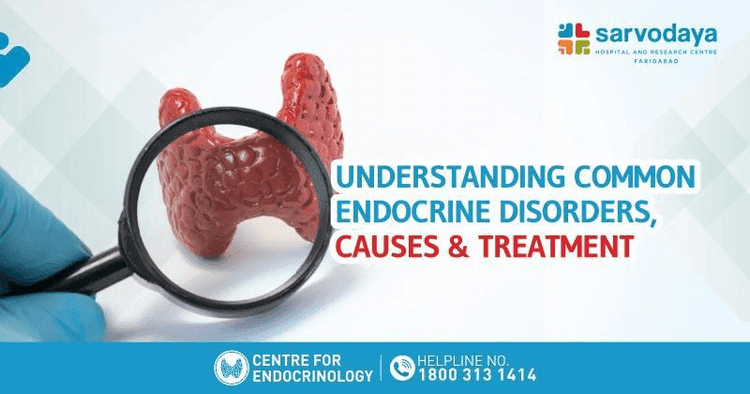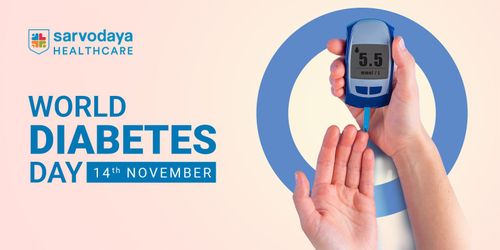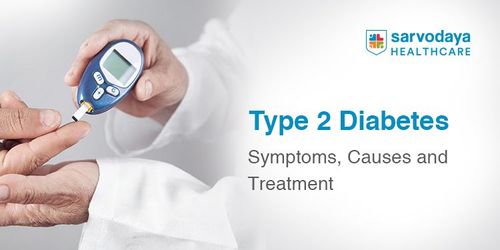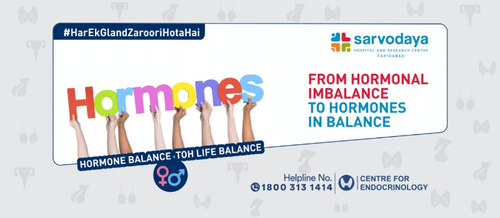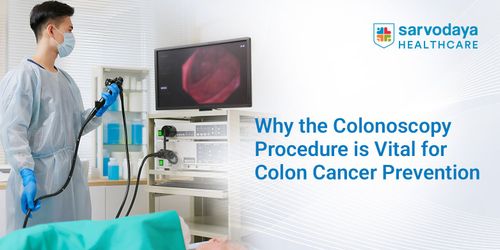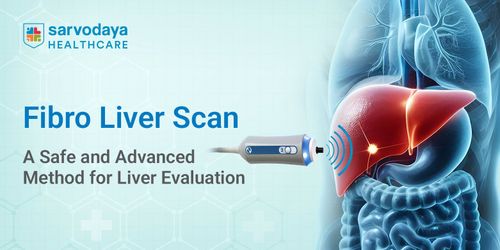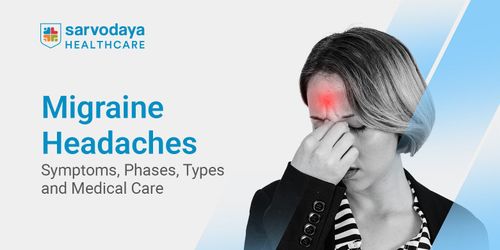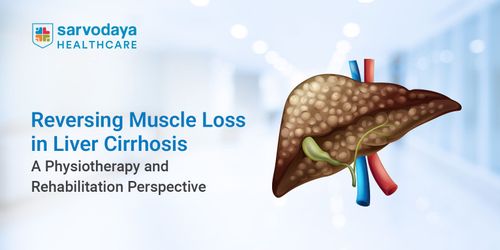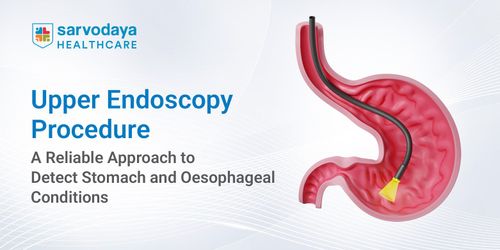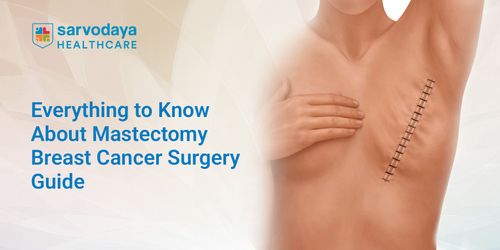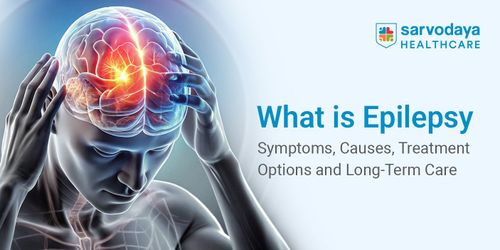The endocrine system is a network of glands that produce and release hormones in our blood. Hormones are special chemical messengers, present in our blood in very small quantities, but they are important for normal functioning of our every body part. Hormones regulate and control our physical and mental growth, functioning of our brain, heart, kidneys and all other essential organs. Common endocrine diseases caused by hormone imbalance are diabetes, obesity, hypothyroidism, hyperthyroidism, PCOS, short height, sexual dysfunction, infertility, osteoporosis etc.
Causes Of Endocrine Disorders
Endocrine disorders are typically of two types
-
Hormone imbalances, which is caused when a gland produces too much or too less amount of a hormone.
-
Endocrine Tumors - tumors of the endocrine gland are usually non cancerous and they may or may not affect the hormone levels.
Endocrine disorders resulting in imbalance of different hormones are usually caused by
- Abnormal development of endocrine glands
- A problem with the endocrine signalling system
- Endocrine tumors
- Infection of glands
- Injury to any endocrine gland
- Genetic disorders such as Multiple Endocrine Neoplasia (MEN) or Congenital Hypothyroidism
Common Endocrine Disorders
Hypothyroidism: This happens when the thyroid gland produces too little of thyroid hormone causing fatigue, depression, dry skin, constipation, low appetite, slow metabolism etc. Congenital hypothyroidism can result in poor physical and mental development of children.
Hyperthyroidism: This occurs when the thyroid gland releases too much of thyroid hormones into our blood which can causes weight loss, fast and irregular heart beats, unusual sweating, and nervousness. It is usually caused by an autoimmune disorder which is called Graves’ disease.
Polycystic Ovary Syndrome (PCOS): It occurs when the endocrine system produces too much androgenic hormones which interferes with the normal function of ovaries. Common symptoms of PCOS are irregular and infrequent menses, male pattern hair growth in women, acne, and infertility. Girls and women with PCOS have insulin resistance and at risk of developing diabetes. PCOS is a common condition and nowadays has become the leading cause of female infertility.
Precocious Puberty: This indicates unusual early puberty caused due to early release of sex hormones by the glands. Early puberty is more common in girls. It can make them short and also puts young girls at risk of sexual abuse.
Hypopituitarism: When the pituitary gland releases too little or no hormones, this is called hypopituitarism. Hypopituitarism can result in short height, delayed sexual development, infertility, secondary adrenal insufficiency, central hypothyroidism. Lack of ADH hormone results in diabetes insipidus which presents with excess thirst and urination.
Adrenal Insufficiency: This occurs when the adrenal gland releases too little of cortisol and aldosterone hormones. Symptoms of this condition may include fatigue, low appetite, unintentional weight loss, darkening of skin etc.
Cushing's Syndrome: Cushing's syndrome is caused by excess production of cortisol hormone by adrenal glands. Usually adrenal glands do so under influence of pituitary gland making too much ACTH hormone. Cushing’s syndrome can cause rapid weight gain, muscle weakness, mood changes, weak bones, uncontrolled hypertension and diabetes.
Gigantism: This happens when the pituitary gland overproduces growth hormone and a child's bones and body parts starts growing abnormally fast. On the contrary, if the gland produces too little of growth hormone then the child can stop growing in height.
Endocrine Tumors - tumors of endocrine glands are usually non-cancerous. They don’t spread to other body parts. But they need to be investigated for producing too much or too less hormones. Hyperfunctional endocrine tumors can be treated by medicines or surgery.
Treatment of Endocrine Disorders
After confirming diagnosis of endocrine diseases with few blood tests and imaging studies like ultrasound, CT scan or MRI scan of affected part they can be treated successfully with excellent results.
An Endocrinologist usually treats endocrine diseases in 3 ways
-
Medicines – Deficiency of hormones is treated with hormone replacement like thyroxine replacement, testosterone replacement with good results and usually no side effects. Medicines are also used to reduce excess of hormones in hyperthyroidism, acromegaly, hyperprolactinemia etc.
-
Surgery – Endocrine tumors producing excess hormones like acromegaly, Cushing’s syndrome, hyperparathyroidism, pheochromocytoma etc are treated by surgical endocrinology treatment to achieve cure.
-
Radiotherapy / radio Ablation – Rarely pituitary gland tumors need to be treated by radiotherapy if cannot be removed surgically. Hyperthyroidism can be cured with radio iodine treatment.


